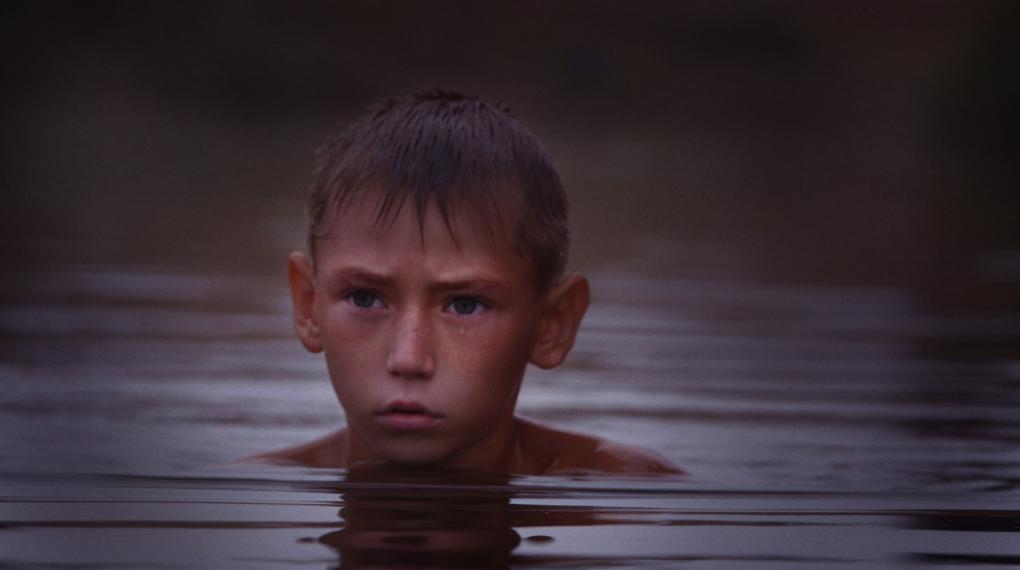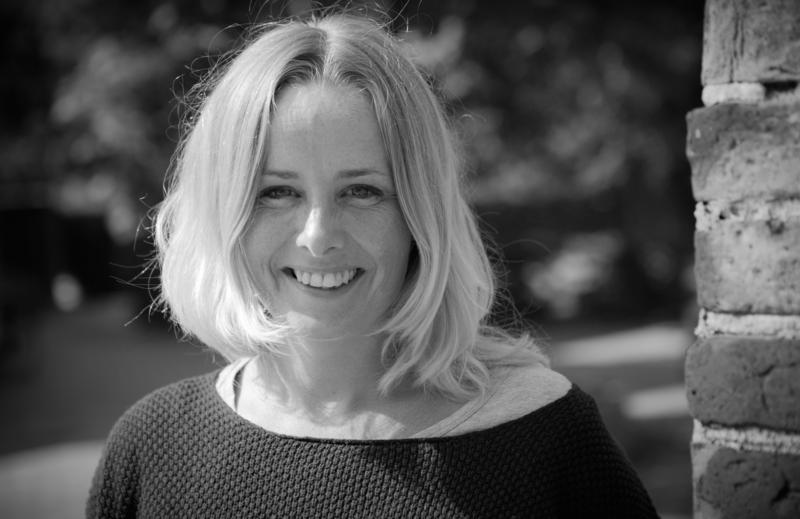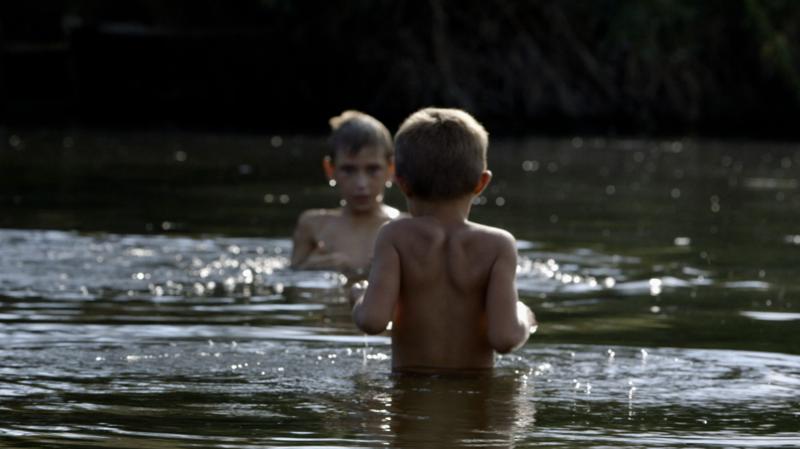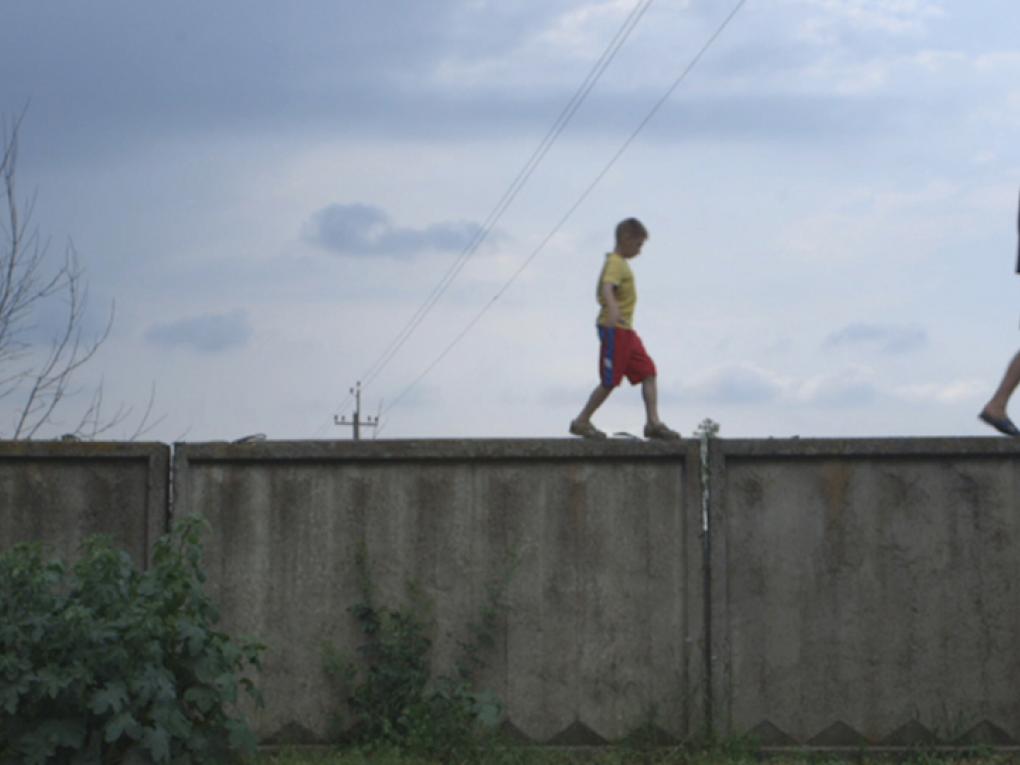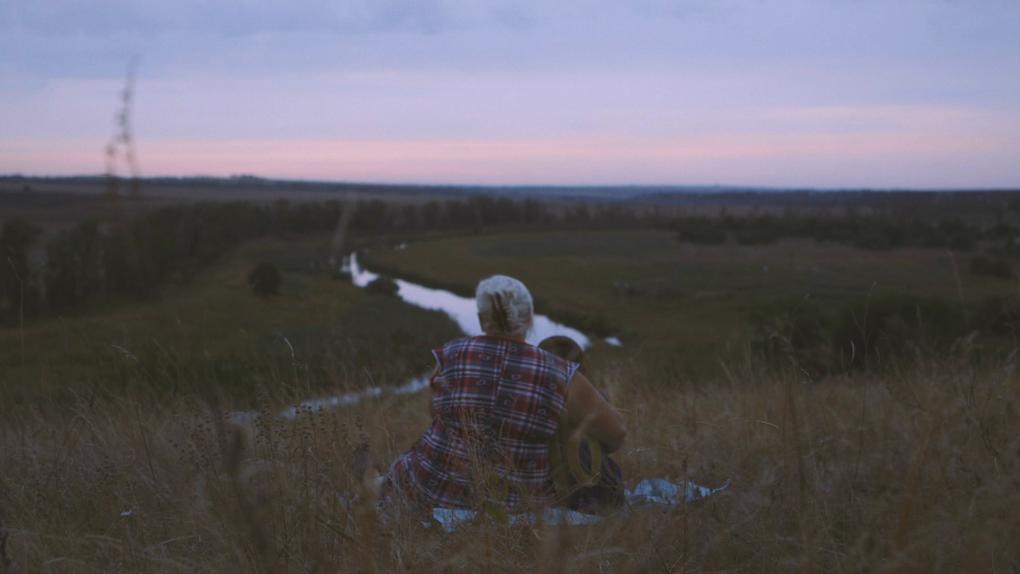
Since winning IDFA’s award for best debut documentary at its world premiere last year, Simon Lereng Wilmont’s 'The Distant Barking of Dogs' has screened at 43 festivals around the world and taken home 25 awards.
On 15 December, the Danish documentary has a chance to win another statue at the European Film Awards as one of the five nominees in the non-fiction category.
"It was a huge highlight winning at IDFA – and at Gothenburg and San Francisco – and when European Film Promotion selected the film for Hot Docs at Toronto, where we went and met a bunch of amazing people," Monica Hellström, the film’s producer, says.
"But for me, the biggest highlight was screening the film in Kiev. We were worried about coming in from outside and showing Ukrainians a film about their own country, but it was very well received. We brought Oleg and his family, which was a great experience. The film won an award, and Oleg going on stage and receiving it was really touching."
'The Distant Barking of Dogs' follows Oleg, a 10-year-old boy living with his grandmother Alexandra in the half-deserted village of Hnutove near the frontlines in Eastern Ukraine, where the sound of gunfire and grenades is a part of life. The film describes the family’s quiet day-to-day life in a picture-postcard, bucolic setting, even as war looms as a constant threat.
Relationships are core
Hellström is delighted that the film has found wide distribution in Ukraine, and that it is not used as propaganda in the war between Ukraine and pro-Russian separatists, as she might have feared. The team took pains to highlight the fact that the film is not about this specific conflict but about growing up in a warzone.
During the film’s funding process, Hellström encountered some reservations because the film wasn’t plot driven. Was it exciting enough? Did it have enough going on? Did it show enough war? The finished film clearly lives, the producer feels, even if it doesn’t have much plot, while the paramount relationship between Oleg and his grandmother evolves. Their relationship is what fascinated Hellström, who in general is attracted to stories about human relationships.
"'The Distant Barking of Dogs' is about a boy and his grandmother, and how their relationship enables them to live where they do," she says, naming some future projects that also revolve around relationships:
Jonas Poher Rasmussen’s animated documentary 'Flee' is about a young man, who fled Afghanistan at age 11, and his relationship to his family. 'Lys i mørket' by Cille Hannibal shows a family dealing with one of their sons going deaf and blind.
Finally, 'Forget Me Not', which director Sun Hee Engelstoft is pitching at IDFA Forum, the Dutch festival's important co-financing market, explores maternal bonds in a story about unwed mothers in South Korea who have to decide whether to keep their child or give it up for adoption.

Films with something to say
Hellström, who holds a bachelor’s degree in media production from the University of Bedfordshire in England and a master’s in film studies from the University of Copenhagen, started out in the film business as a production assistant, runner and location manager. From 2004 on, she worked as a production manager for a number of years.
In 2010, at the European producers workshop EAVE, she met Signe Byrge Sørensen, who the previous year had founded Final Cut for Real with Anne Köhncke. She asked Hellström to come on board as a producer, and soon after they were joined by producer Heidi Elise Christensen and post-producer Maria Kristensen. The eight-year partnership has been a happy one.
"We very much agree on the projects we want to work on and the values that matter," Byrge Sørensen says. "It’s important to us that we and our partners aim for high ethics and morals, and treat people right. Just as important, the films should be artistically ambitious. People should feel that the director is burning to do the project," she says.
Hellström sensed that passion in the team behind 'The Distant Barking of Dogs'.
"People have really poured their hearts into this film. We were fortunate to have good funding, which gave us the opportunity to spend a long time on things like editing and sound. You can tell that everything is very carefully made, which gives the film sensitivity. My best experience producing the film was witnessing the huge engagement of the team, including the crews in Denmark, Sweden and Finland, as well as our fixer in Ukraine, who was key to the communication between the family and us – and, of course, getting to know the family."
On the flipside, having such a close relationship to the family was also the toughest thing about it.
"It was tough to make a film about people in a warzone. We are in close touch with them still. They are enormously proud of the film and have had a great experience with it. But it’s really hard to watch them stay there while a war is still going on and bombs are dropped every day."
